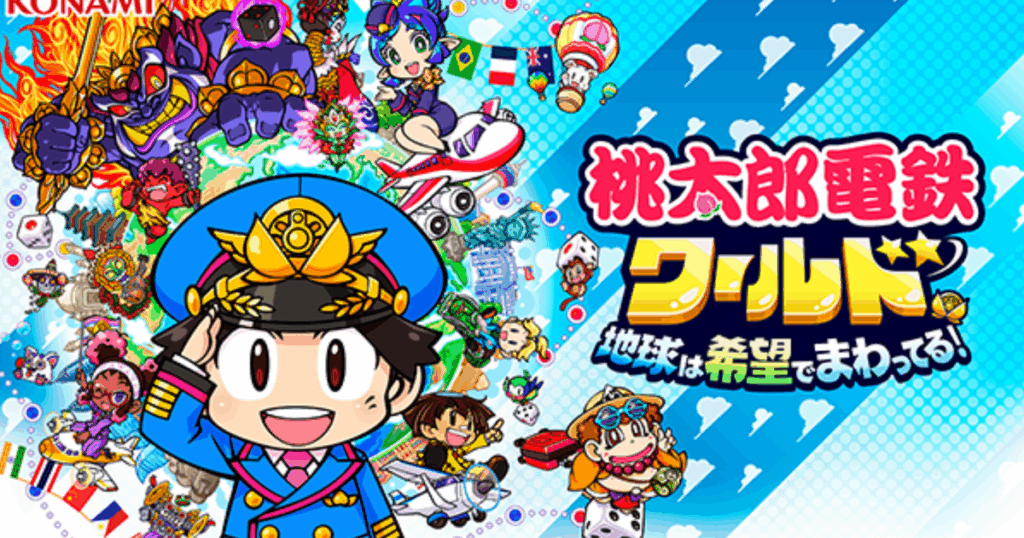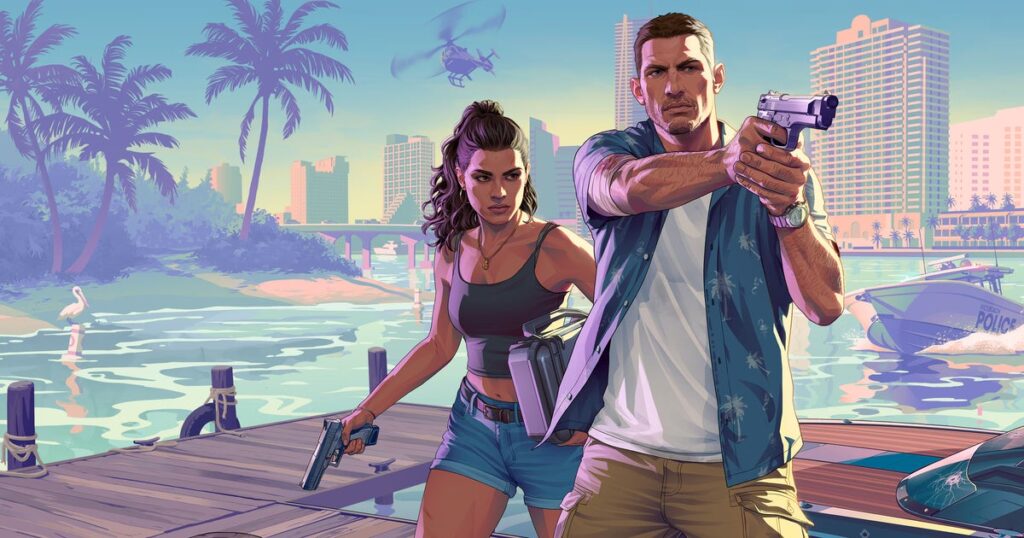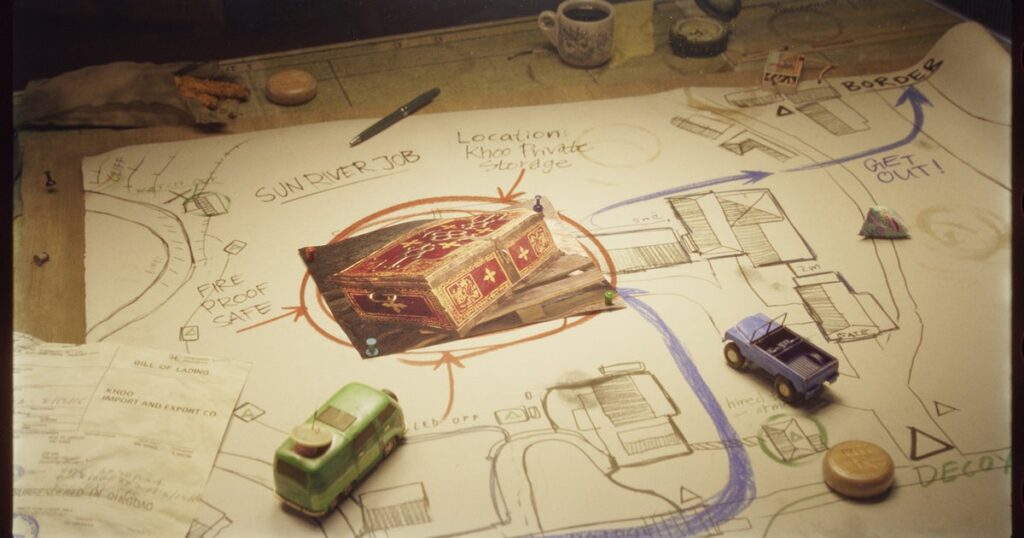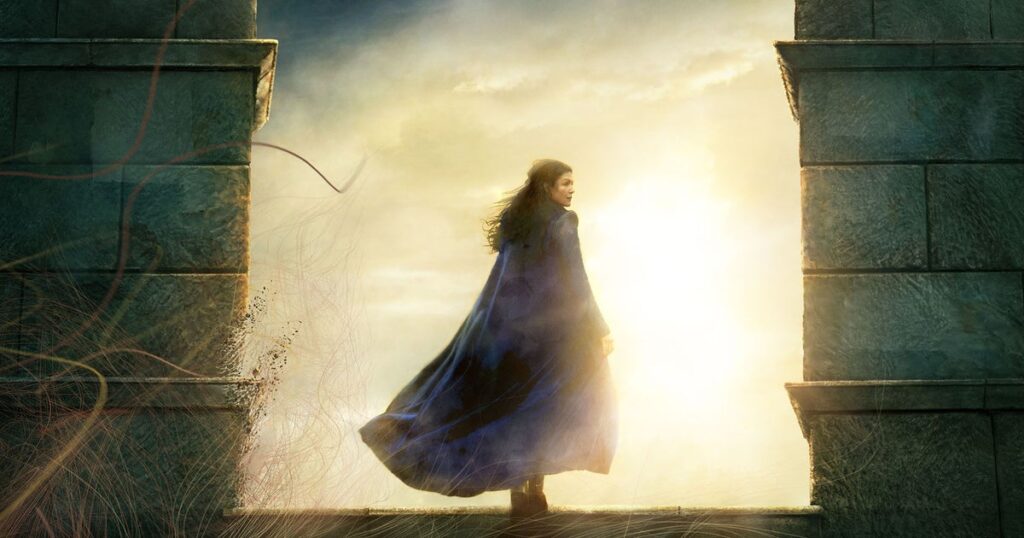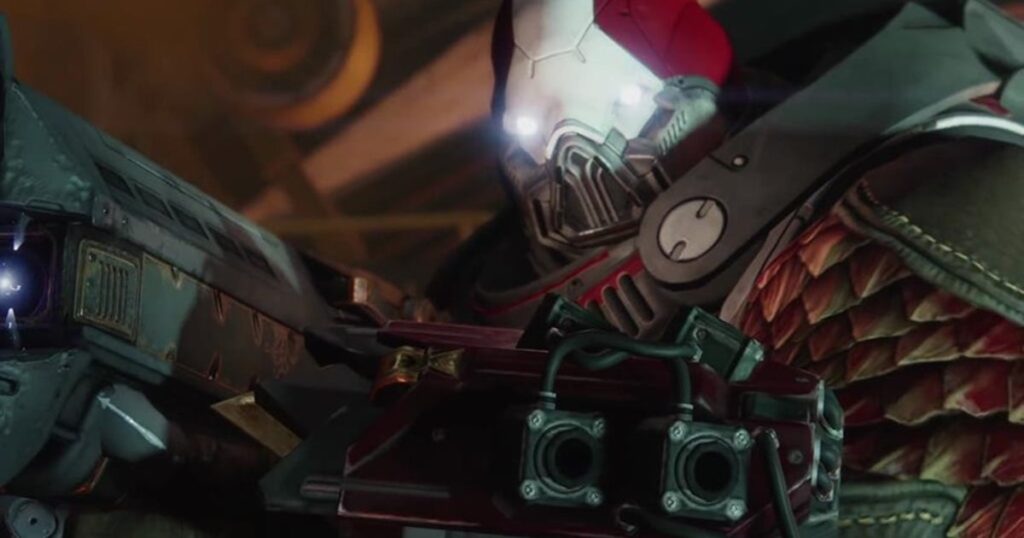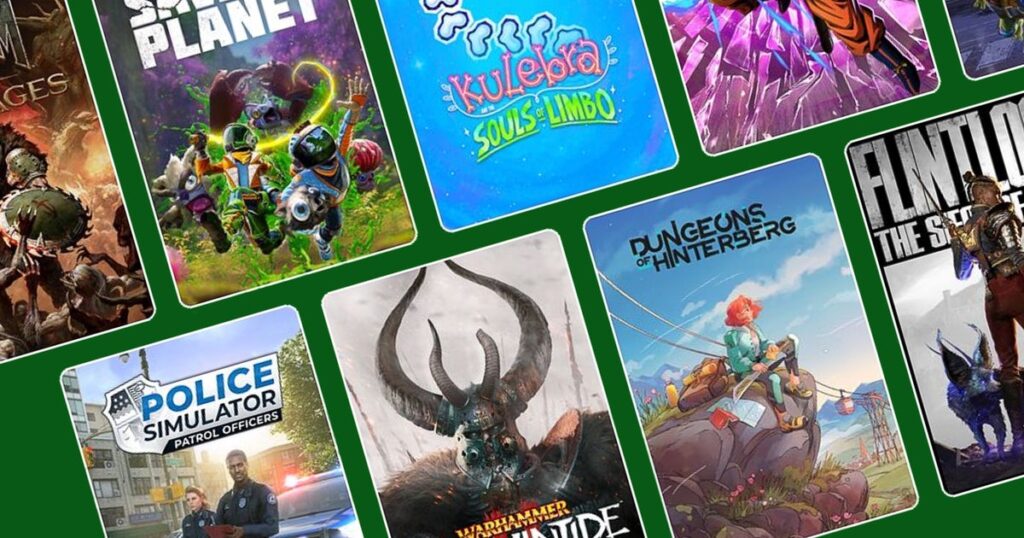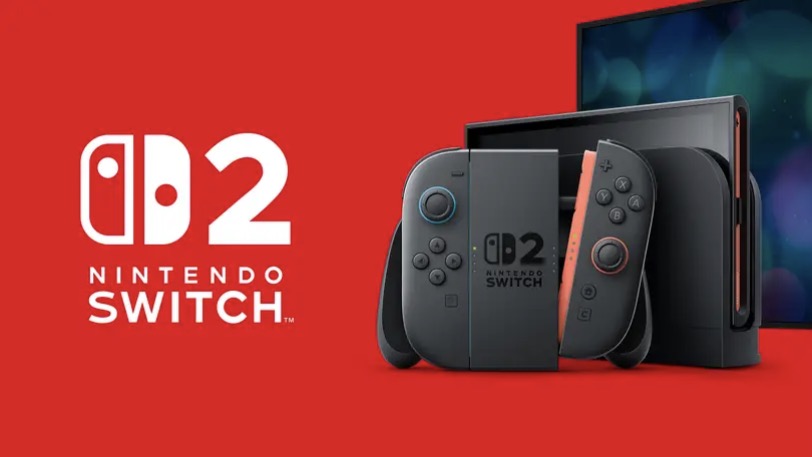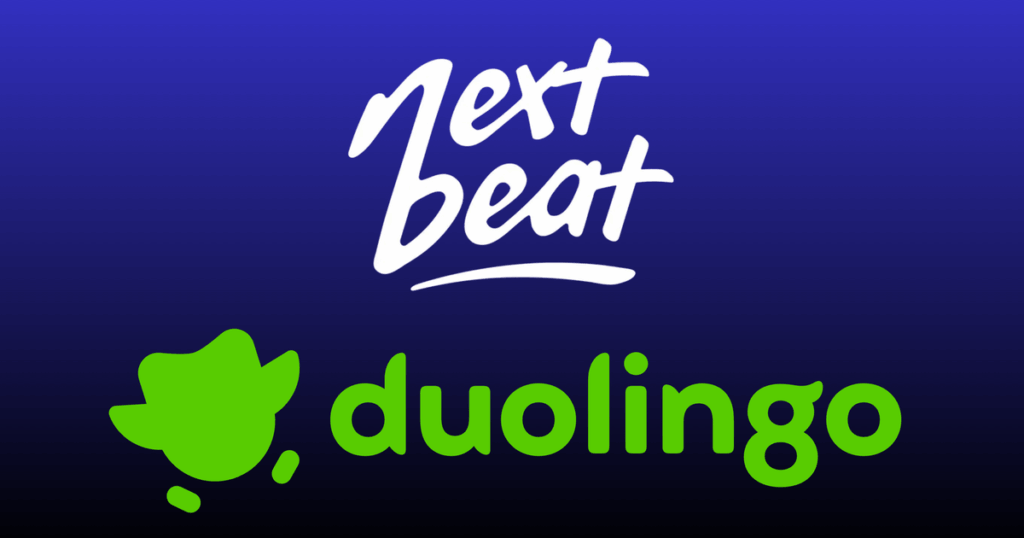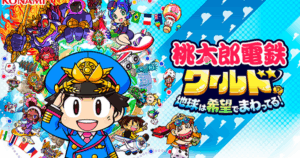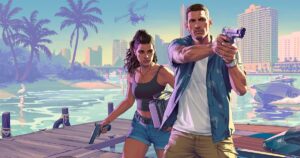Iwot Games, the studio behind an upcoming open world RPG based on The Wheel of Time universe by Robert Jordan, has hired Stéphane D’Astous as its director of studio operations.
The goal is to grow the studio up to 200-300 employees in Montreal over the coming years, according to the announcement.
Iwot Games is a subsidiary of Iwot Studios (previously known as Red Eagle Entertainment), a transmedia outfit that manages different IP opportunities around Robert Jordan’s The Wheel of Time series. It oversees Iwot Productions, which makes Amazon Prime Video’s The Wheel of Time TV show.
The existence of an open world RPG based on the property was announced back in April, with former Turbine VP Craig Alexander hired as studio head. The game is likely targeting next-generation platforms, with a possible release on current gen.
D’Astous was most recently director of operations at Krafton’s Montreal studio, and before that opened Montreal-based studios for Detroit: Become Human studio Quantic Dream and Dual Universe developer Novaquark. Previously, he founded Deus Ex reboot developer Eidos Montreal and Square Enix Montreal.
The Wheel of Time books have sold over 100 million copies, while the Prime Show just released its third season. The studio has consultation and support from both Investissement Quebec and Montreal International.
D’Astous was approached about running the studio around two months ago by Iwot founders Rick Selvage and Larry Mondragon.
GamesIndustry.biz talked to D’Astous about this new challenge, how recruiting has changed since the pandemic, and what the next two years look like for Iwot Games.
You’ve founded and built up a lot of studios. Is there anything distinctive about this particular undertaking?
What’s different [is], I’ve never been in a position to develop a game [where] people know very well the context of the franchise. The three seasons of [The Wheel of Time] on Amazon Prime Video is unexpected for a developer, because when I was at Eidos, Deus Ex: Human Revolution was great, but [the IP] was dormant on the shelf for 10 years. It was difficult to reboot and put back the awareness of the franchise.
Now, this is not the case: people know the main characters, the main plots, and all that. This is great, because we won’t have this challenge of educating potential buyers and users and players for the game, so that’s certainly one thing.
The other thing is, I’ve always been associated – and it’s normal – with headquarters. Ubisoft, France. Square Enix, Tokyo. Krafton, Seoul. Quantic Dream, Paris. I’ve always worked for gaming experts within a group.
But here, my bosses are great businessmen in the entertainment business. So, we do not report, as is normal at other studios, to a headquarters where the publishing [function] is. We actually report to a very small group that knows the franchise so well. This will help us to be flexible, and to [make] decisions more rapidly.
And thirdly, if I may add, with Rick and Larry and the rest of the team, [this] small team, they actually know the value of a franchise. This may sound normal, but I’ve been working in video games for too long, and sometimes I work on franchises that when the [project] starts, the value is incredible. And as we’re running along to launch, suddenly, sometimes because of the competition, because of the cost, because of the launch window, they reduce their investment that is dedicated to publishing. They do not always know the value of the franchise well, because the publishing headquarters normally have several IPs. And depending on the timing, the value reduces or expands. So it’s variable.
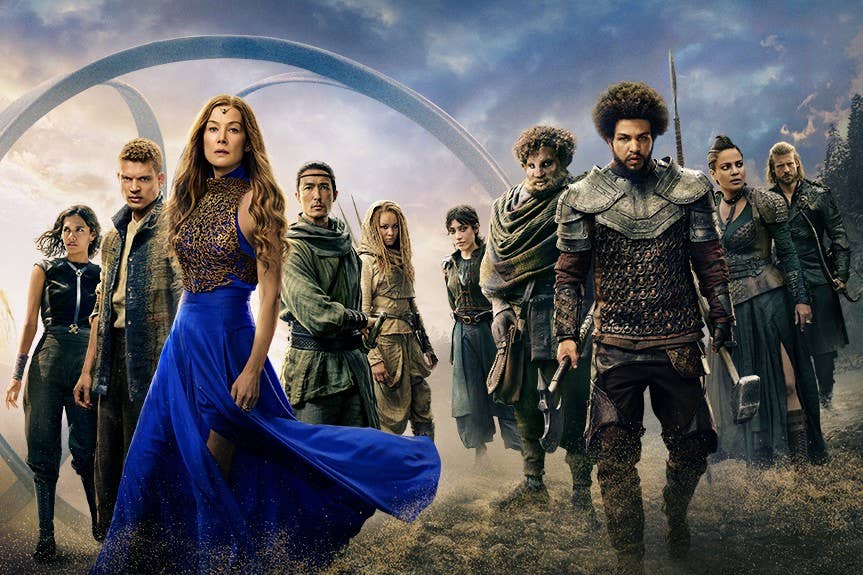
My bosses, if you look at their timeline, it’s been 17 years since they [acquired] this franchise. So you can imagine they were ‘sitting’ on this franchise for a long time before they actually got the agreement with Sony and Amazon [to make the TV show] – but they were patient. They didn’t want to throw something out on the streets just to have some revenue.
They were patient for the right conditions. This is what I really appreciate [about] Rick and Larry: they’re taking their time because they know that every time something will go out the door with The Wheel of Time logo, it’s gotta be top.
It’s interesting that Iwot comes into the industry as an outsider. Did you get the sense that they know what they’re getting into?
I consider [us] a bit like outsiders in the games industry, but [more] importantly, Iwot are super experts in transmedia. Everyone wanted to do [transmedia], nobody was really able to do it well, because they had this perspective of video games [first versus] other things.
So, take a step back, and we have two guys who have more of a wide-angled view – that will [really] help. They have the novels, they have the series, they are working hard now on video games, and they have ambitions for animation and a feature film. I think this is the first time in my career that the decision makers are the best ones I’ve met for a transmedia exercise.
We’re in a particularly challenging era for the games industry. Does that change anything when it comes to the process of hiring staff for a new studio? What is the current temperature of the game dev landscape in Montreal?
Since Covid, 2019 to now, I recruited three core teams for three different studios. Back in 2019 and 2020, no one wanted to move. People wanted stability, they didn’t want change, which was normal. It was really hard to recruit from scratch. 2022, 2023, that’s when money was free. A lot of projects got greenlighted. A lot of studios popped out. The employment rate was very, very high. Very [few] people were available. So it was very difficult, and [for] the staff, I remember during those meetings and interviews, it was more, ‘what can you do for me, rather than me for you?’
So the good end of the stick was with the employee. Salaries were crazy in 2022, 2023 – that was the peak, peak, peak. It was almost ridiculous.
I saw at the end of 2023, 2024, that we went over the summit. Because of the raising of interest rates, money wasn’t free any more, stupid projects that were greenlighted 2 or 3 years ago were launched and were a catastrophe. That took air out of the balloon, which was just normal. We needed to have hot air taken out of the balloon.
Now, in 2025, there’s a return from the pendulum to a more normal balance. And I think since not a lot of studios are opening up or growing their teams, the ones that are doing it have the luxury of more available people because there are [fewer] jobs. So, our challenge is to pick the right person, not necessarily the one who is available, but the right person at the right place, at the right time.
Do you have a particular affinity for The Wheel of Time yourself? What excites you about this project specifically?
I haven’t read the 15 novels, but I’m a high consumer of The Lord of the Rings, Game of Thrones, and all that. I had heard about The Wheel of Time through my daughter. The hour after I finished my first interview with Rick, I binged season 1 of The Wheel of Time in two days. The week after, I binged season 2. I finished season 3.
I said, ‘oh boy. How come this wasn’t on my radar?’ It’s such a deep, documented high fantasy story. You can go in different [directions]. And I discovered that the women [characters] have very crucial, decision-making, and powerful positions, which is something that the gaming industry maybe needs a bit, in that proper way. I saw all the possibilities: the magic, how do we deal with the magic so it’s not all clumsy or just VFX? So I started [seeing] the potential of it becoming a game.
“I see this as oxygen, fresh air for a lot of people. Hope, optimism, because I think we need this.”
It’s been mentioned in previous interviews that The Wheel of Time game is potentially targeting next-gen consoles. How quickly are you looking to scale up? What does the next year or two look like?
Honestly, the very short term challenge is to form and recruit the core team. For us, it’s maybe 12-15 developers. We need to recruit our director of art, tech and design. And afterwards, we will recruit with them [included] in the process, obviously.
I would say in the next twelve months, this would be the concept phase. At the concept phase, you don’t want to be too [big], because that’s not helpful. I would say in the next twelve months, between 30 and 50ish people. That is a good size team for concept. At maturity, at production, that’s when we’re talking about between 200 and 300.
You’ve been doing this for such a long time. Does it still excite you when you jump into founding a new studio?
Yes. I couldn’t sleep [last] night, because I was thinking, ‘I have so many things to prepare, I need to be focused, and to channel the best messaging possible’. I see this as oxygen, fresh air for a lot of people. Hope, optimism, because I think we need this. And we’re just one example. Things are tough, yes, but there’s light at the end.
Especially with [this] franchise. It’s the responsibility now of the gaming guys to make good with a franchise that is established – and the pressure is on us. This is what I like, because we know we have a jewel in our hands.

